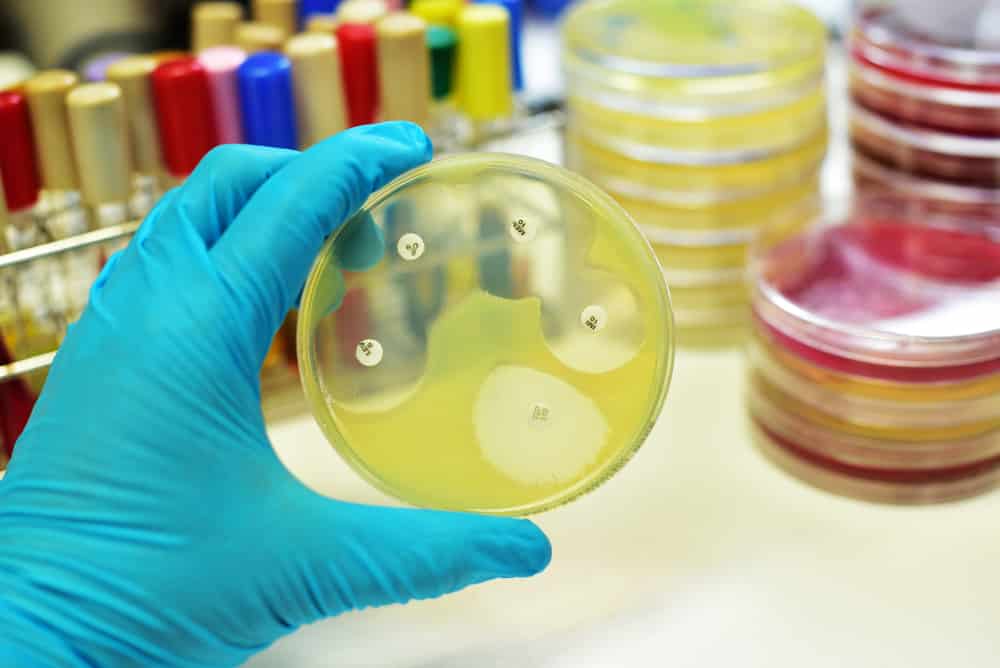Researchers Develop Synthetic Polymer Capable of Killing Superbugs
With no effective and safe treatments available, multidrug-resistant (MDR) infections are quickly morphing into a global healthcare threat. Polymyxins remain the last line treatment for multidrug-resistant (MDR) infections. As polymyxins resistance emerges, there is an urgent need to develop effective antimicrobial agents capable of mitigating MDR.
“There is an urgent global need for new antimicrobials that are effective against superbugs. The situation has become more acute because bacteria are starting to develop resistance to the last-line antibiotics, which are given only to patients infected with bacteria resistant to available antibiotics,” said Professor Jackie Y. Ying, Executive Director of IBN.
Now, an international research team led by the Institute of Bioengineering and Nanotechnology (IBN) of the Agency for Science, Technology and Research (A*STAR) and IBM Research developed a synthetic molecule that can kill five deadly types of multidrug-resistant bacteria with limited, if any, side effects.
Superbugs kill around 700,000 people worldwide each year, and by 2050, it is estimated that 10 million people could die each year if existing antibiotics continue to lose their effectiveness. Clearly, the medical community needs more choices in treating these patients. While research on synthetic polymers for these
purposes exists, challenges such as toxicity, non-biodegradability or limited ability to target multiple bacteria strains have arisen.In this direction, this international team of researchers brought together by Dr Yi Yan Yang from IBN have developed a new class of antimicrobial polymers called guanidinium-functionalized polycarbonates with a unique mechanism that can target a broad range of multidrug-resistant bacteria. It is biodegradable and no significant toxicity to human cells has been detected.

The results showed that the bacteria were effectively removed from the mice and no toxicity was observed. The researchers then further tested the effectiveness of the polymers on mice with two types of systemic infections caused by superbugs: peritonitis (an infection of the stomach’s inner lining) and lung infections from Pseudomonas aeruginosa. The polymers eliminated the bacterial infections in both groups of mice with negligible toxicity.

“This study illustrates the potential for this new research field we denote as ‘macromolecular therapeutics’ to create entirely new classes of treatments for multiple diseases,” said Dr James Hedrick, Distinguished Research Staff Member, IBM Research – Almaden, San Jose, California. “In 2016, we demonstrated the efficacy of synthetic polymers to combat deadly viral diseases. The current research for treating bacterial infections rounds out our ability to someday treat a spectrum of infectious diseases with a single, new type of mechanism without the onset of resistance.”



























